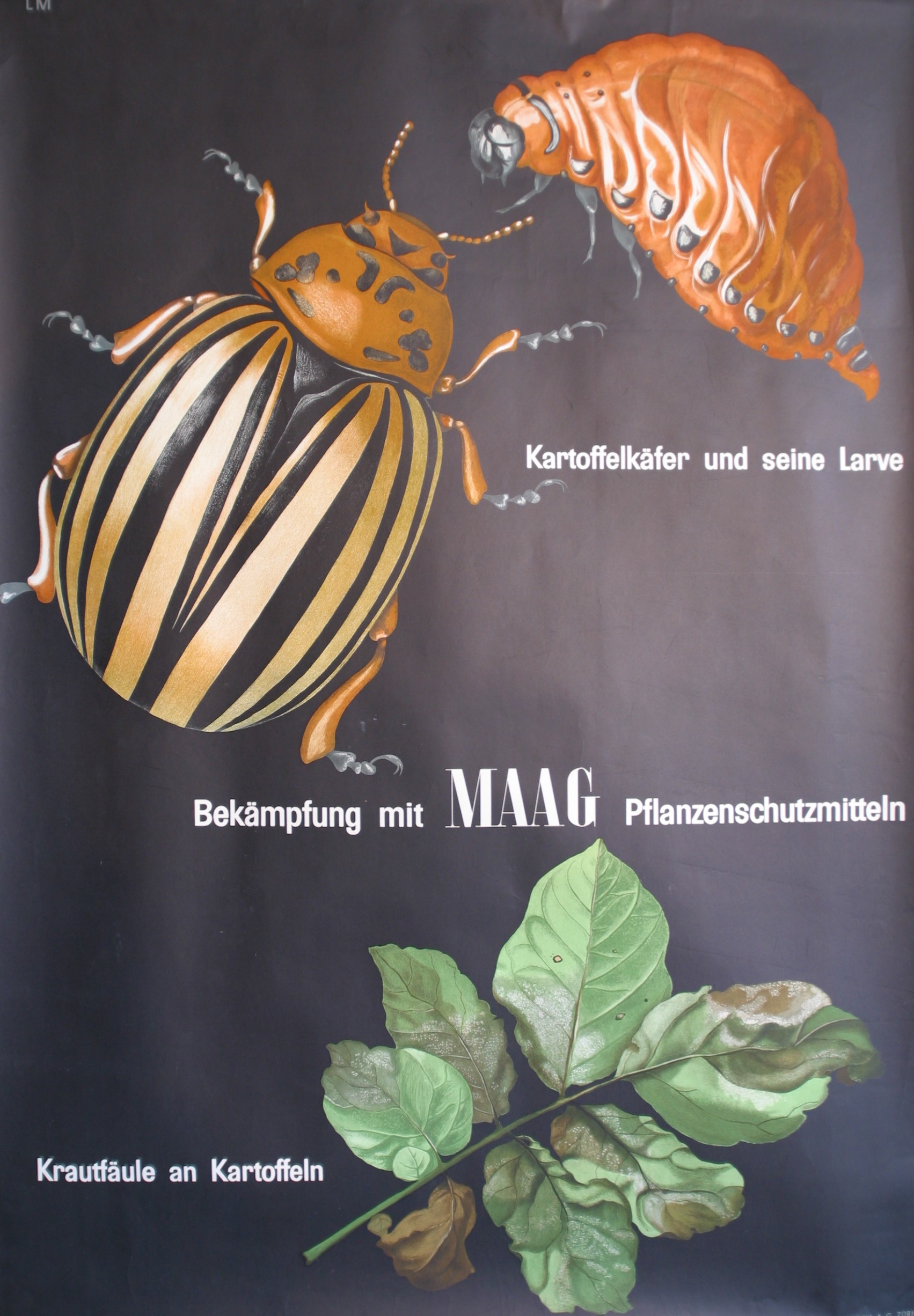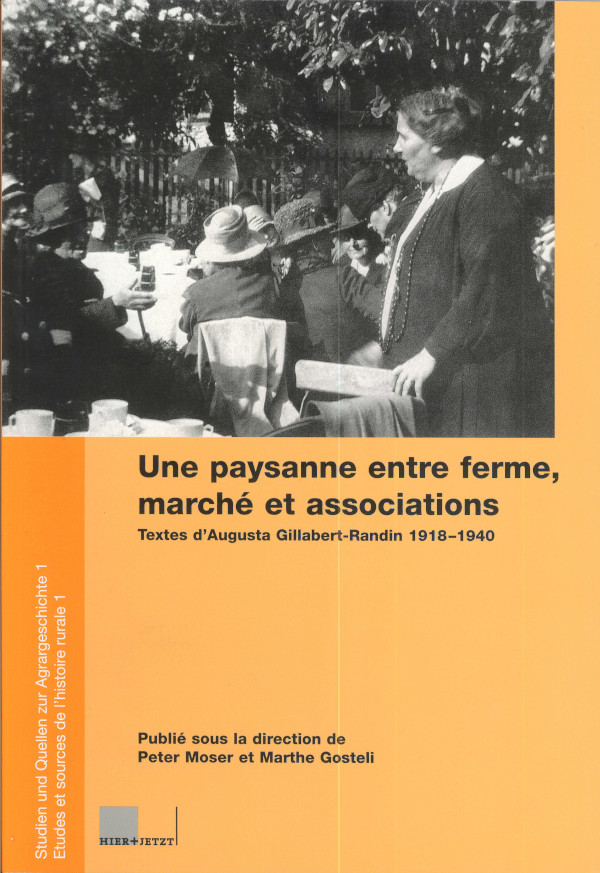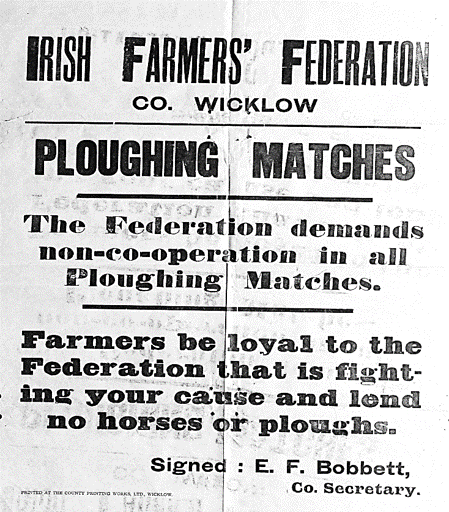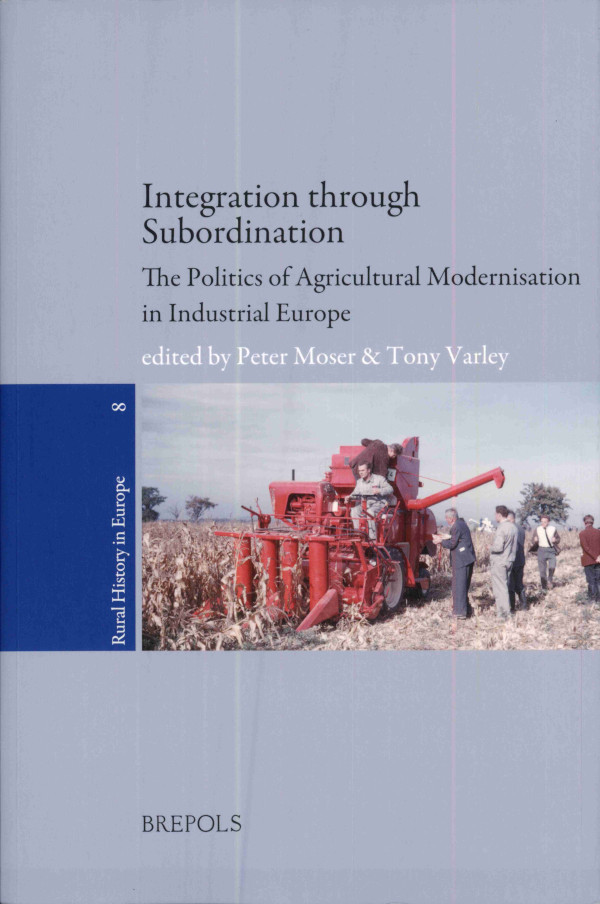Research




|
Scientific ResearchOur historical research is theory-driven, source-based and transnationally oriented. We consider the modern agricultural history, which has been developed in the recent past on both sides of the Atlantic, as a potential for an integration science, suitable for different epistemological interests. We publish the results in monographs, articles in scholarly journals and edited volumes, in the ARH series Studies and Sources in Agricultural History, and in the form of newspaper articles and interviews in print and electronic media. Ongoing research projectsCultures and Spatial Orders of Working Animals. Foundations for a History of Animal Carrying and Hauling Work: The research project, funded by the SNRF, focuses on questions concerning the numbers, husbandry, breeding and skills of animals doing work, as well as the conditions in which they were working. We are interested in the collaborations of humans and animals in work contexts, in the logics of dealing with living resources, and in the behaviours and work capabilities of animals. These human-animal work contexts gave rise, according to our thesis, to spatial orders and work cultures whose historical reconstruction lies at the heart of the project. Semantics of Agricultural and Industrial Work. Knowledge, Metaphors of Production, and the Transformation of Work in the 19th and 20th Centuries: In the course of industrialization, the forms, interpretations, and practices of agricultural work were profoundly transformed. What constituted modern, efficient, and productive labour was defined primarily along industrial premises from the mid-19th century onward. The transfer of these ideas to the agricultural sphere has been as much in need of adaptation as it has been consequential. This research project examines the interconnections and interactions between industrial and agricultural work in the 19th and 20th centuries. Writing Women Farmers: Women in agriculture are hardly ever a topic in historiography. This is usually justified with the claim that they have left few or no sources at all. But this is only true to a very limited extent as a closer look at the sources made accessible by the ARH makes clear. Using the example of three women farmers from Ireland and Switzerland, this project looks for texts by women from the agricultural sector and asks for the reasons why even many source-producing women farmers have so far not been taken note of as actors either by historiography or gender studies. Elizabeth Bobbett (1897-1971), the general secretary of the Irish Farmers' Federation, Augusta Gillabert-Randin (1869-1940), a champion of women's suffrage in Switzerland as well as Mina Hofstetter (1883-1967) a pioneer of organic, livestock-free farming in Switzerland ran farms independently for decades. They all were publicly committed to agrarian and feminist causes and wrote hundreds of texts documenting their involvement in association politics as well as their views on society, gender relations and agrarian practices. By publishing a selection of their texts, we are at the same time creating a basis for an in-depth discussion of the work of women in the agricultural sector. |

